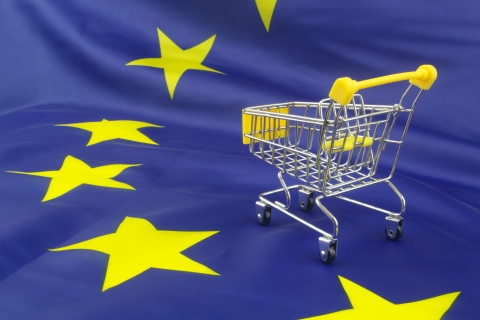European Economic
and Social Committee
Thirty years of the single market: a critical review by the EESC
By Felipe Medina, member of the EESC Employers' Group
The European Union is celebrating 30 years of the single market, which allows its citizens to study, live, shop and work in any EU Member State by ensuring the free movement of goods, services, capital and people. It is not an overstatement to say that the single market is the essence of the European Union, the great instrument that has enabled the removal of political, social and economic borders in order to move towards European citizenship and identity.
The events to which the European Union – and the whole world – have been exposed in recent years invite us to reflect on how to create a single market that is more resilient and less dependent on the outside world. The European Economic and Social Committee addresses this very subject in its opinion INT/1011 on Thirty Years of the Single Market: how to improve the functioning of the Single Market, which was adopted in its April plenary session.
Across the pages of the opinion, one key word for the future of the European Union stands out: competitiveness. The opinion stresses the need to create a level playing field for all businesses by "promoting growth and fair competitiveness, and creating a business-friendly and socially friendly environment". The main concern for the EESC are the problems relating to the shortcomings of the single market that affect the competitiveness and sustainability of businesses.
All those involved in building the European Union have a duty to raise awareness among younger generations of the importance of the steps that have already been taken to build what we have today, as well as the obligation to warn of the risks facing the single market and to try to set some guidelines in order to overcome them and make further progress towards a stronger and more consolidated shared future.
Find the full article here: https://europa.eu/!PHPc3R
